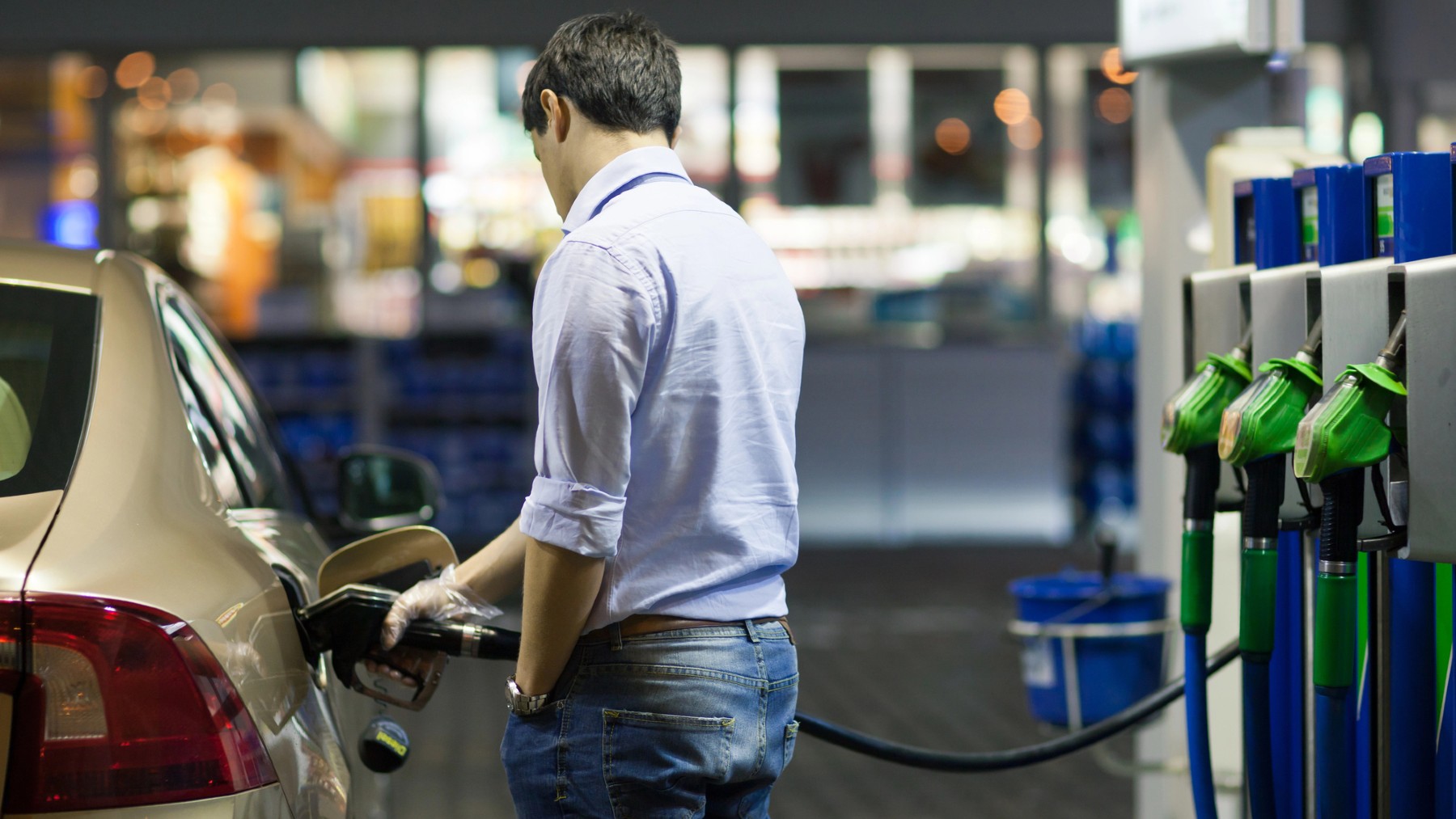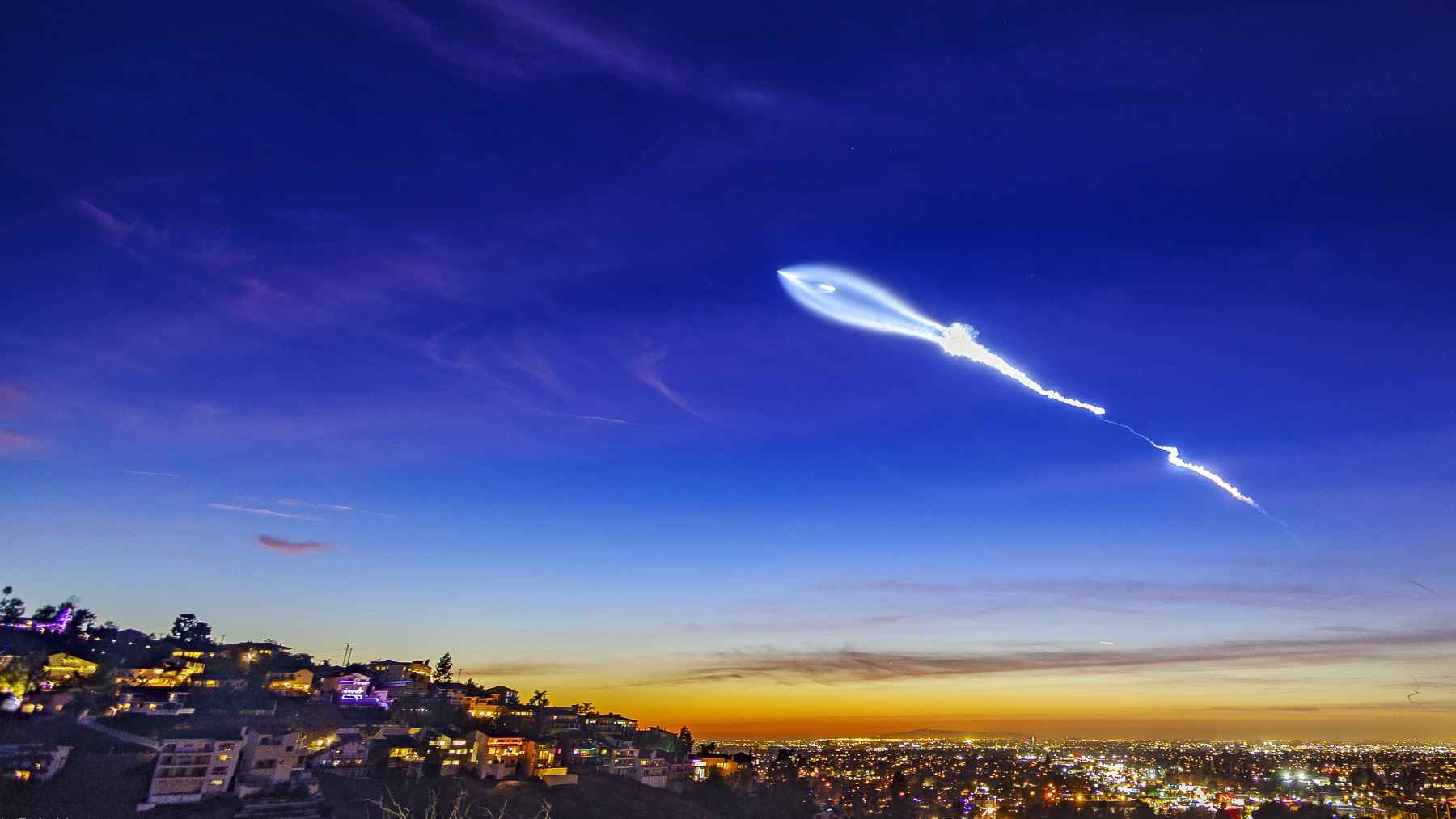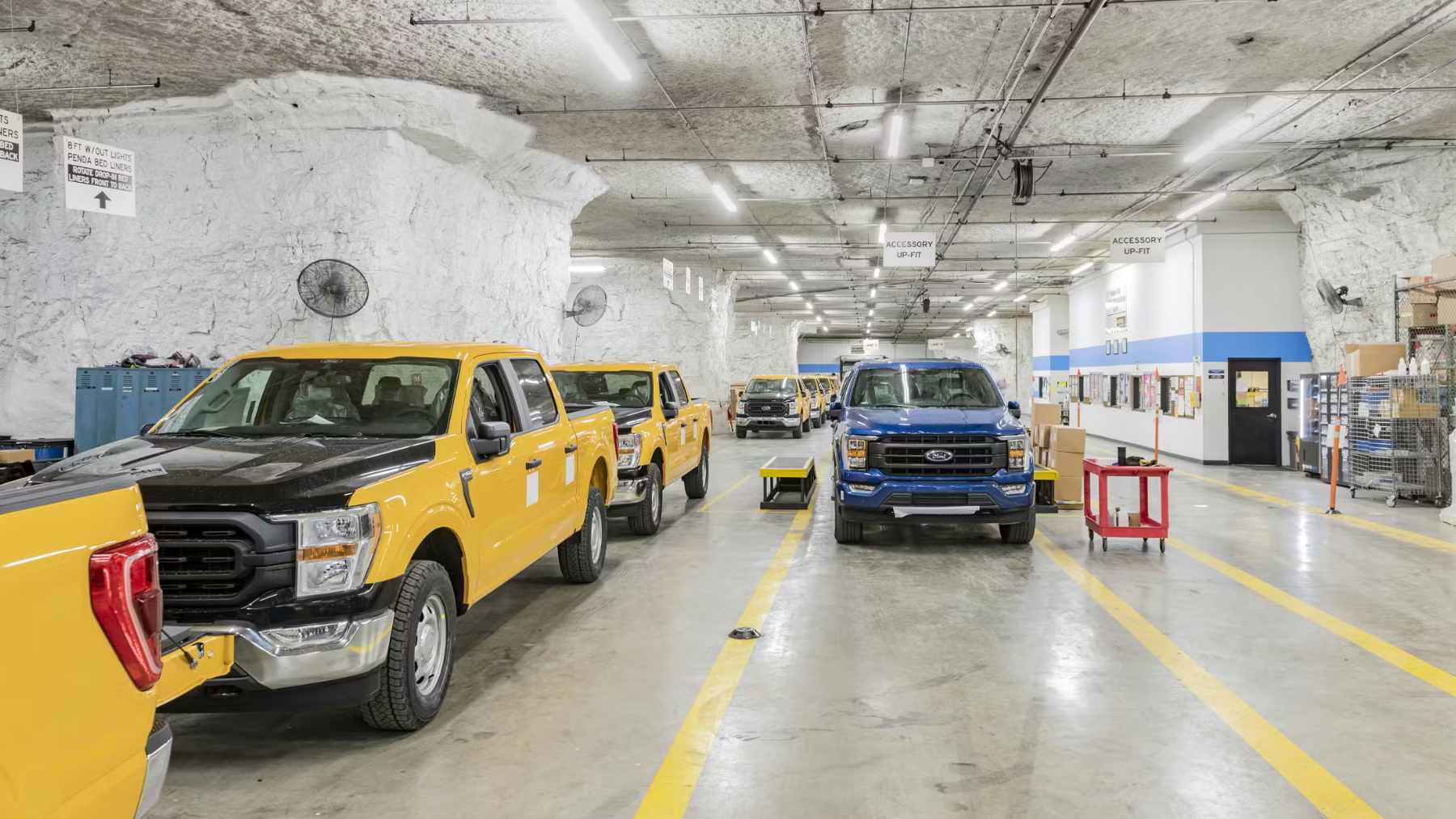The federal government took the initiative several months ago to put an end to combustion vehicles, although there is still time to see it materialized in concrete measures. However, now an unexpected step has been taken throughout America, where we are going to ban this fuel in 2024: we are going to take millions of cars off the roads, and this is how it will affect you. Will one of yours be the one to be banned?
America, to ban this fuel in 2024: does your car run on this?
The effort to remove gas-run automobiles from circulation is one of the many campaigns in eliminating greenhouse gases and the adoption of environmentally friendly ways of transport. The industry alone is proving to be a overwhelming culprit to climate change as it contributes a large percentage of CO2 emissions.
The fact is, vehicles that are in use at the present moment today are using gases, these gases are burnt to provide power to the engine and this activity is contributing to the problem of global warming. Benchmarking has emerged as a tool of choice and governments, environmental organizations, and concerned citizens.
Thus the countries have embarked on a strategy to ban the use of gas-powered vehicles in the long run in order to curb the emission of gases that are poisonous to the atmosphere and avoid further deterioration of the environment – hence becoming environmentally friendly.
It has received a lot of support recently, especially where various countries have developed very aggressive plans aimed at eliminating sales of new vehicles with a gas-powered technology. For example:
- Norway and the Netherlands are advancing their strategies as early as 2025.
- The United Kingdom and Canada expect it to be around the 2035, or later.
No more gas-powered cars in these states: you´ll have to say goodbye to yours
Speaking of state actions, California has been the first to push for strong measures to promote EVs as Governor Gavin Newsom signed an executive order in 2020 that called for the complete elimination of new onsite sales of gasoline automobiles and other light units by the middle of the third decade of the current century.
Following the path set by California a number of other states have also followed suit and have declared to embark on the path of transitioning to the ban of new gasoline powered vehicles within the next decade or less. Specifically, this is the current situation:
- New York, Massachusetts, and Washington have promised to completely end the sale of new gasoline cars by 2035.
- The deadlines in Oregon and Rhode Island are 2030 and 2035, respectively and the ban of the new diesel cars is until 2040.
- Other states that have joined the coalition include Connecticut, Maine, New Jersey, and Vermont, and each has its implementation timeline and targets for banning or removing standard gas automobiles.
Will be a deadline for gas-powered cars this 2024? That´s what you have to know
Though, most states in America have sought to achieve zero-emission through a ban on new gas-powered car sales by 2030s, certain states go even further in this path. California and the cities can go to further lengths with plans of eliminating the sale of new gas cars by 2024 and 2025 in Massachusetts and New York respectively.
These lofty schedules show the increasing awareness on the part of developed countries around the world on how best to fight climate change and lessen the negative impacts of greenhouse emissions. Some people may consider the 2024 deadline arbitrary or far-off.
Automakers have already started building towards the future where EVs will dominate roads and you can see that many key players have introduced new models as well as investing heavily on the technology. But it will not happen in the near future, and there are very daunting barriers to overcome like developing a charging network.
As you can see, gas-powered cars are going to disappear from much of the country, and not only because of how they are polluting our roads, but also because they are harming innovation in the next fuel, such as hydrogen. In fact, associations of engine manufacturers warn that a return to gas will only mean that we will be several years late to the essential zero-emission revolution.














